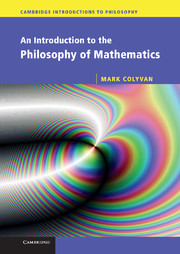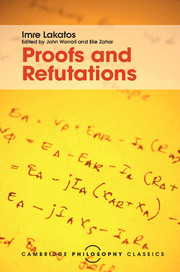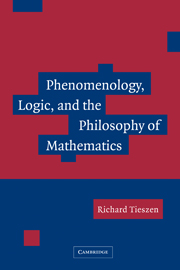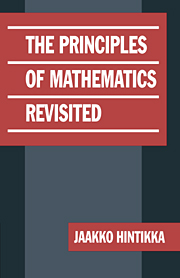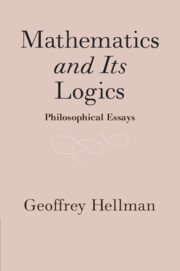An Introduction to the Philosophy of Mathematics
This introduction to the philosophy of mathematics focuses on contemporary debates in an important and central area of philosophy. The reader is taken on a fascinating and entertaining journey through some intriguing mathematical and philosophical territory, including such topics as the realism/anti-realism debate in mathematics, mathematical explanation, the limits of mathematics, the significance of mathematical notation, inconsistent mathematics and the applications of mathematics. Each chapter has a number of discussion questions and recommended further reading from both the contemporary literature and older sources. Very little mathematical background is assumed and all of the mathematics encountered is clearly introduced and explained using a wide variety of examples. The book is suitable for an undergraduate course in philosophy of mathematics and, more widely, for anyone interested in philosophy and mathematics.
- Includes an epilogue of a popular treatment of the most important results and open questions in mathematics
- Each chapter has a number of suggestions for relevant further reading from both contemporary literature and older sources
- Features a wide variety of examples from both elementary and more advanced mathematics, introducing these examples in ways that do not presuppose any university-level mathematics
Reviews & endorsements
'The present book is like a warm breeze after a cold winter in the rarefied atmosphere of the philosophy of mathematics … the philosophical discussions are always clear, provocative and stimulating. One of the challenges an instructor will face by adopting this book will undoubtedly be to contain the desire of students to discuss in depth some of the issues presented and to curb their enthusiasm and desire to know more or find answers to the questions.' Mathematical Reviews
Product details
June 2012Hardback
9780521826020
200 pages
254 × 178 × 14 mm
0.55kg
Available
Table of Contents
- 1. Mathematics and its philosophy
- 2. The limits of mathematics
- 3. Plato's heaven
- 4. Fiction, metaphor, and partial truths
- 5. Mathematical explanation
- 6. The applicability of mathematics
- 7. Who's afraid of inconsistent mathematics?
- 8. A rose by any other name
- 9. Epilogue: desert island theorems.

